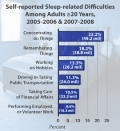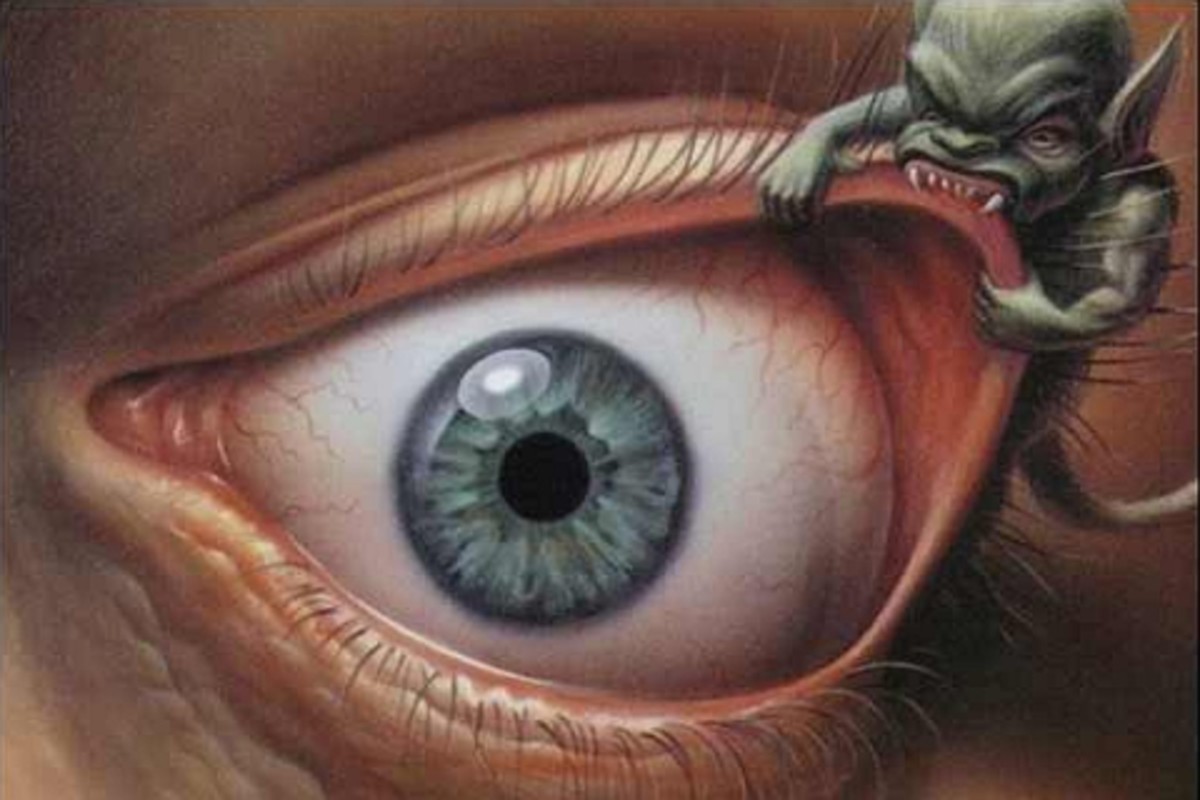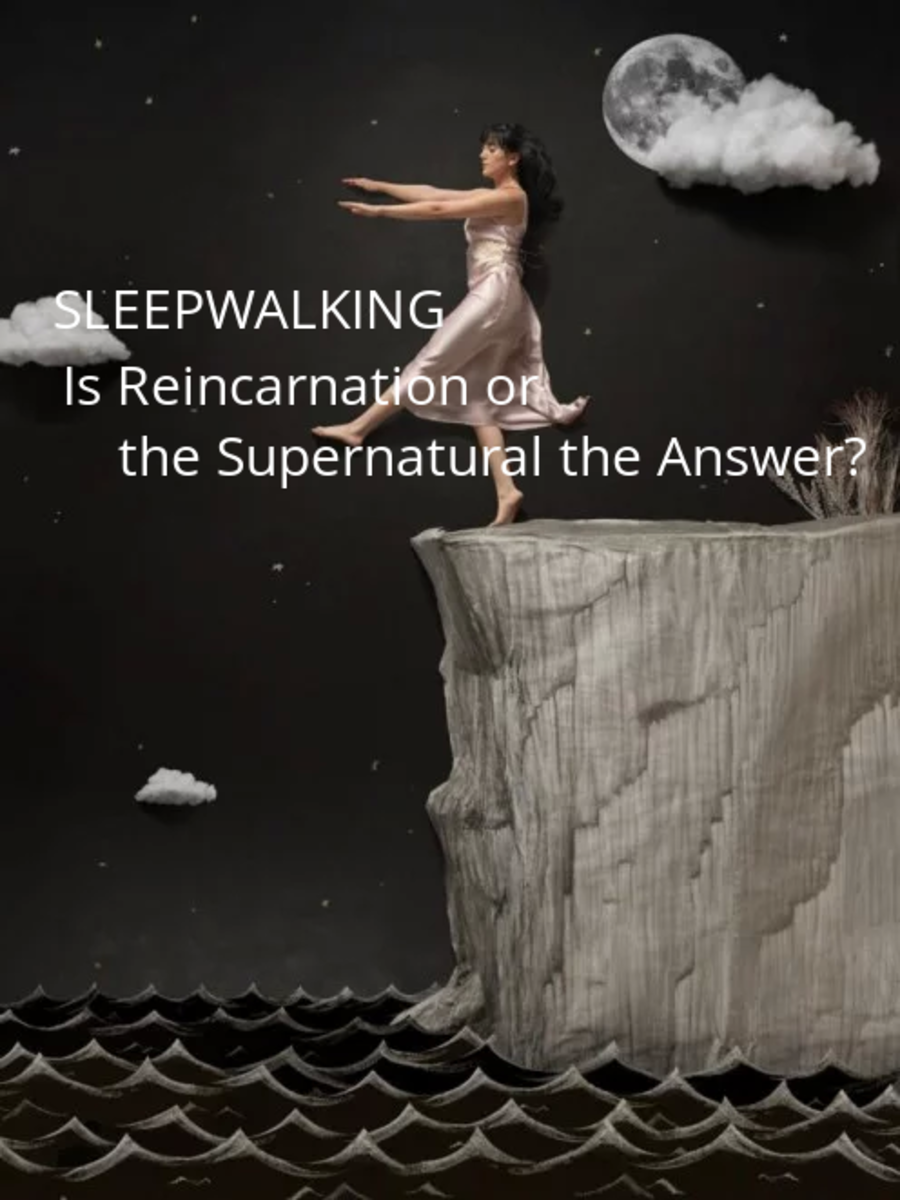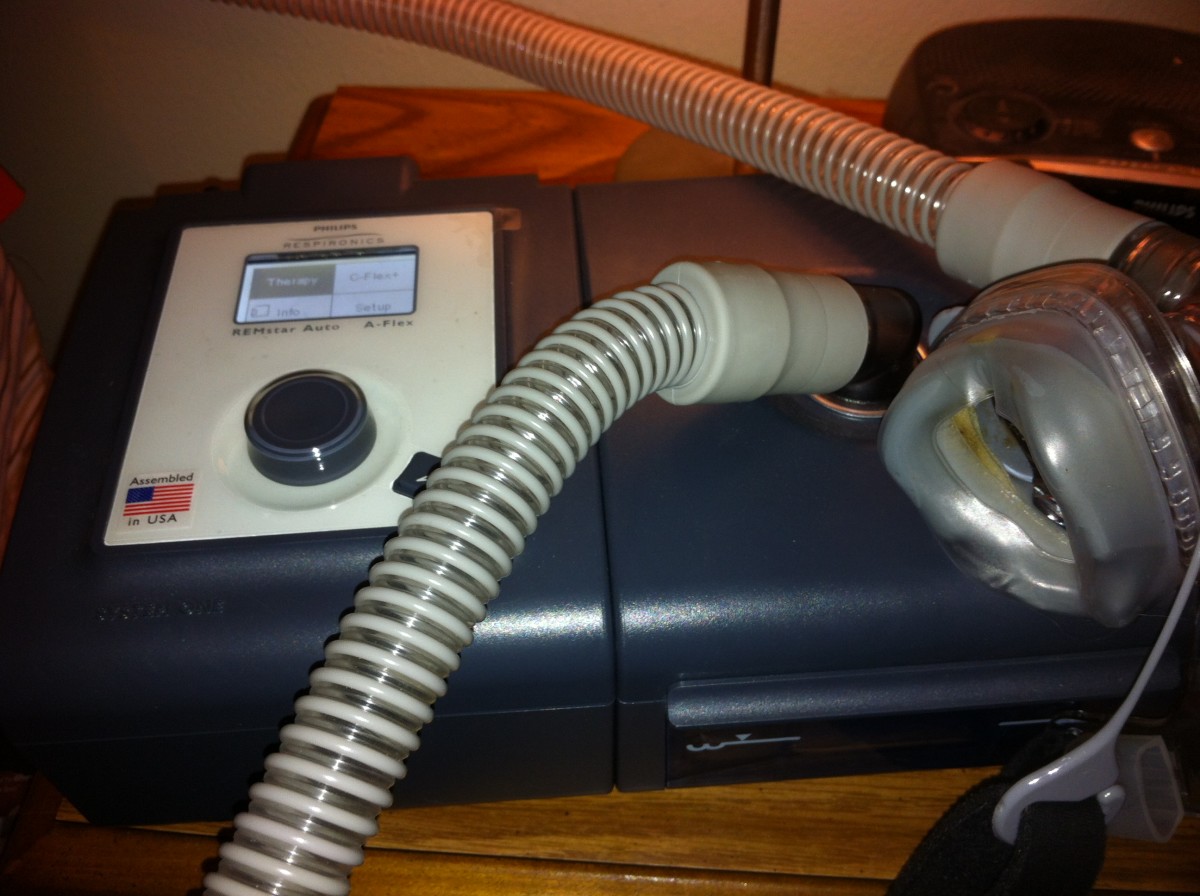Sleep and Our Sanity
Sleep Deprivation Can Cause Psychological Symptoms
People who are severely sleep deprived will develop many mental symptoms including hallucinations, paranoia and disorientation, in addition to unclear thinking. Sleep deprivation has been used as a form of torture. “Anyone who has experienced this desire (for sleep) knows that not even hunger and thirst are comparable to it.” - Menachem Begin who experienced this form of torture by the Russian KGB. The Japanese also used this form of torture in the Prisoner of War Camps during WW II. This type of torture has been used by many countries, including the U.S. at Guantanamo Bay.
Without sleep, people lose their coherency, their ability to think and act clearly. After just 2 days of no sleep, people begin to hallucinate. After 3 days, they will dream while they are awake, which is similar to a psychosis. After a week, a sleepless person will lose their sense of place and time and become disoriented. They will think the person they are talking to is someone from their past. Things we see in reality may be an image of what the person saw when they were younger. People really do lose their sanity, if they go without sleep. The desire to get sleep becomes their major need.
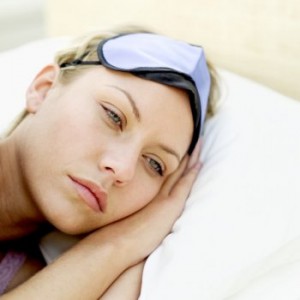
Poor Sleep Can Increase Negative Thinking
Problematic sleep may in fact contribute to people who suffer from attention deficit disorder (ADHD), anxiety, bipolar, depression. Studies have shown that sleep disorders may not be a symptom of psychological issues, they may actually contribute to them. The population of people who are dealing with psychological issues have more sleep problems compared to the general population.
Through neuroimaging and biological studies, poor sleeping may increase negative thoughts, and make a person emotionally vulnerable. A good nights sleep increases emotional resilience and better mental and physical health.
The positive effects of sleeping well has many benefits. Normally people cycle every 90 minutes between two types of sleep - quiet sleep and REM sleep (rapid eye movement). Quiet sleep has 4 stages that progress toward deep sleep. Our body temperatures lowers, our muscles relax, and our breathing and heart rate slows. It is at the deepest level of quiet sleep that our immune system gets a boost from these physiological changes.
What Happens When We Don't Get Enough Sleep?
During REM sleep, we dream. All the changes that happened during quiet sleep return to measurements that are similar when we are awake. Studies have shown that REM sleep helps our ability to learn and remember and enhances our emotional health in ways that are not fully understood.
When we do not get enough sleep, our stress hormones, neurotransmitters and other body regulation chemicals are negatively affected. The result is a kind of dishevelment or disorganization in our brain which causes impaired thinking and other psychiatric like disorders.
People who have sleep issues are at increased risk of acquiring depression. Some studies have even shown that sleep problems occurred before the development of major depression. Additionally, sleep disturbances can impair people’s ability to respond to treatment for depression compared to people who do not have sleep problems.
On a typical night do you have trouble falling asleep?
Insomnia and Anxiety
People who have bipolar disorder tend to sleep less during their manic episodes. While they are in the depressed cycle, some may sleep excessively and some may suffer from restless sleep or insomnia. It is thought that insomnia may be a trigger to the mania. Mood is also adversly affected with less sleep.
More than ½ of the people who are diagnosed with generalized anxiety disorder (GAD), and post traumatic stress disorder (PTSD), have sleep problems. Sleep problems may also be an issue in panic disorder, OCD (obsessive compulsive disorder) and phobias. Insomnia may make the symptoms of anxiety disorders worse by enabling the person to retain more negative emotions.
In studying children with ADHD 25-50% of children have trouble falling asleep, restless sleep, and shorter sleep hours. Less sleep may be a contributing factor to their ability to pay attention, remain emotionally stable, and in their hyperactivity.
Tips for Better Sleep
If you are one of the many people who suffer with sleep problems, here are some helpful tips:
- caffeine, alchohol, and nicotine are a major contributors to insomnia. Think about avoiding these products altogether and certainly prior to going to sleep.
- Exercise has many beneficial effects including helping you fall asleep faster. It also helps you spend more time in deep sleep, and you may wake up less often during your nighttime rest.
- Develop good sleeping habits by going to bed at regular times each night and waking up the same time every day. Keep your bedroom dark. Stop using the tv, computer and other electronic devices at least one hour before you go to bed.
- Before you go to sleep use some relaxaton techniques to alleviate your racing thoughts and anxious feelings. Meditation, deep breathing, guided imagery, and other quiet activities can make a great difference before going to sleep.
- Think positive thoughts. First of all, it can’t hurt. Secondly you will retrain your brain to think of other things instead of being preoccupied with not being able to fall asleep.
- As a last resort, you can use sleep medications. It is advisable to talk to your doctor and make yourself knowledgeable about the long and short term side effects.
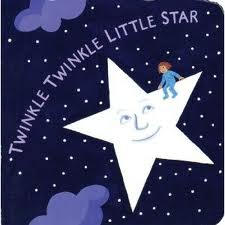
The Many Benefits of a Good Night's Sleep
Sleep is such a natural and necessary part of our existence. Scientists, philosophers, and psychologists continue to learn and research the hows and whys of slumber.
We know sleep is needed for our physical well being, but it is also integral for our emotional and mental top performance. Researchers have learned that sleep is also vital to our optimal learning and memory function. Through studies, findings are showing that sleep helps us see patterns and connections, we don’t see when we are awake. It is a controversial theory that has many unclear answers as to what our brains are really doing while we are sleeping compared to our awake hours.
What we do know is sleep is a complicated activity. We know it’s important to get the right amount of sleep. Sleep needs vary as we age, and are very individual. People need different amount of sleep for optimal performance. Some people need 7 hours of sleep a night. Some people need 9 hours of sleep to feel rested, productive, and happy.
Sleeping well has everything to do with better mental and physical health. It is important that we make sleep a priority, to keep our sanity. It is for our benefit that we create an environment that allows us to sleep in optimal conditions. A good night’s sleep is one of the best things for us even if we think we have better things to do. Wishing you restful nights and optimal performance in all you do.

